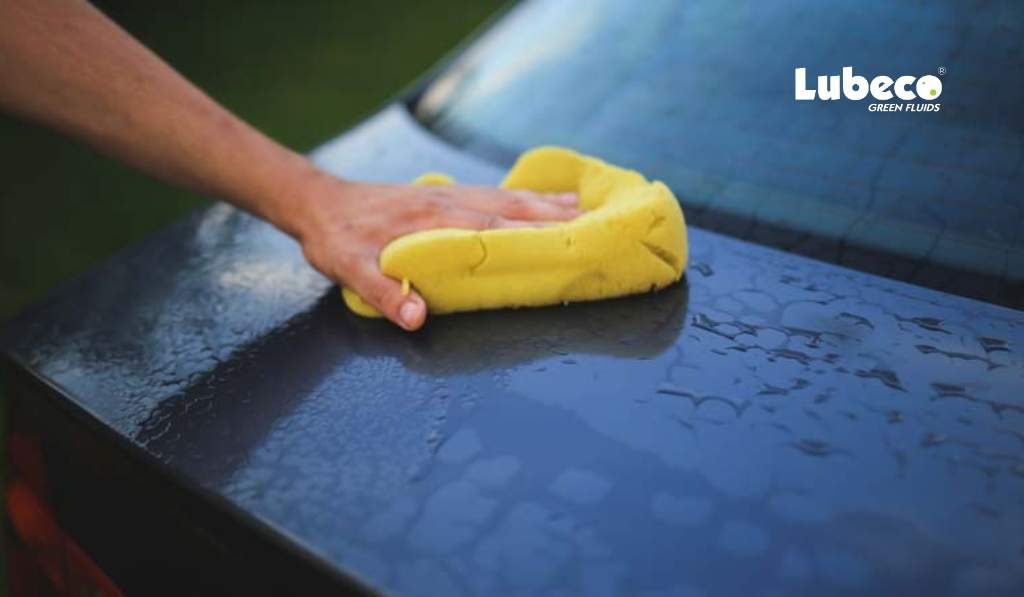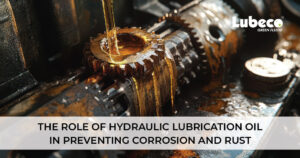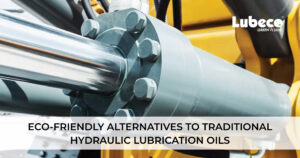Solvent cleaners are a popular option in industrial cleaning. They are versatile and can be used for a number of purposes, often being the most effective for tough, thick substances that are otherwise stubborn to remove. What makes solvent cleaners so effective, and how exactly do they work? Let’s break it down to a couple of simple points:
How solvent cleaners work
Whether strong or mild, all solvent cleaners work in the same way- by breaking down oils into smaller particles or diluting substances, and carrying them into the solution for easy removal. A number of methods are used which include solvent cleaners, such as spraying, immersion, vapour degreasing and mechanical scrubbing.
Types of solvent cleaners
Some strong solvent cleaners used regularly include acetone, methyl ethyl ketone, toluene, nPB, and trichloroethylene (TCE). On the other hand, the most well-known mild solvent cleaners are probably glycerin, isopropyl alcohol and propylene alcohol. Depending on the purpose, different solvent cleaners are used, including the kind of soil to be removed, the amount and the level of cleanliness necessary.
What solvent cleaners are used for
Because solvent cleaners are multi-purpose in nature, it is important to under the specific characteristics before using them. Solvent-based cleaners vary in their properties, such as evaporation rate, odour intensity, and compatibility with materials like plastics. This diversity in solvents has enabled the development of highly specialised cleaning solutions tailored to remove particular contaminants from specific surfaces.
Making sure to use the right solvent cleaners also ensures that other fluids or materials are not removed, like lubricants or paint.
Evaporation Rates
The evaporation rates of solvents vary vastly. Some are more volatile and evaporate immediately. These kinds of solvents are appropriate for processes that are required to be done quickly, so as to minimise downtime. On the other hand, other solvents only evaporate at higher temperatures. These can be used for processes that require soaking time to get off all the soil. These may require some additional drying processes too. No one solvent works for all applications, and it is necessary to scope out what is appropriate for your needs.
Surface Tension
The surface tension of a liquid is its ability to pull together to form a cohesive droplet. The lower the surface tension, the easier it is for the liquid to spread out and wet a surface, especially into a thin even coat. If the tension is high, the liquid tends to pull together and cannot spread. Most solvents have a low surface tension, which allows the substance to reach tight and small areas, cleaning out soil and dirt from there in a more efficient manner.
Safety measures
Considering solvent cleaners can be quite strong, it is necessary to take the right precautions while dealing with them. It is a must to work in a well-ventilated area, as working without proper airflow can result in one inhaling harmful fumes from the solvent. In line with that, always wear protective clothing like gloves and protective eye gear. Another thing to be aware of is whether you are working with solvents containing Volatile Organic Compounds or VOCs. Generally, it is best to avoid VOCs as much as possible, or to look for solvent cleaners that have low VOCs.
When it comes to industrial cleaning, having different types of solvent cleaners on hand can usually do the trick, no matter how stubborn the grime or soil is.










